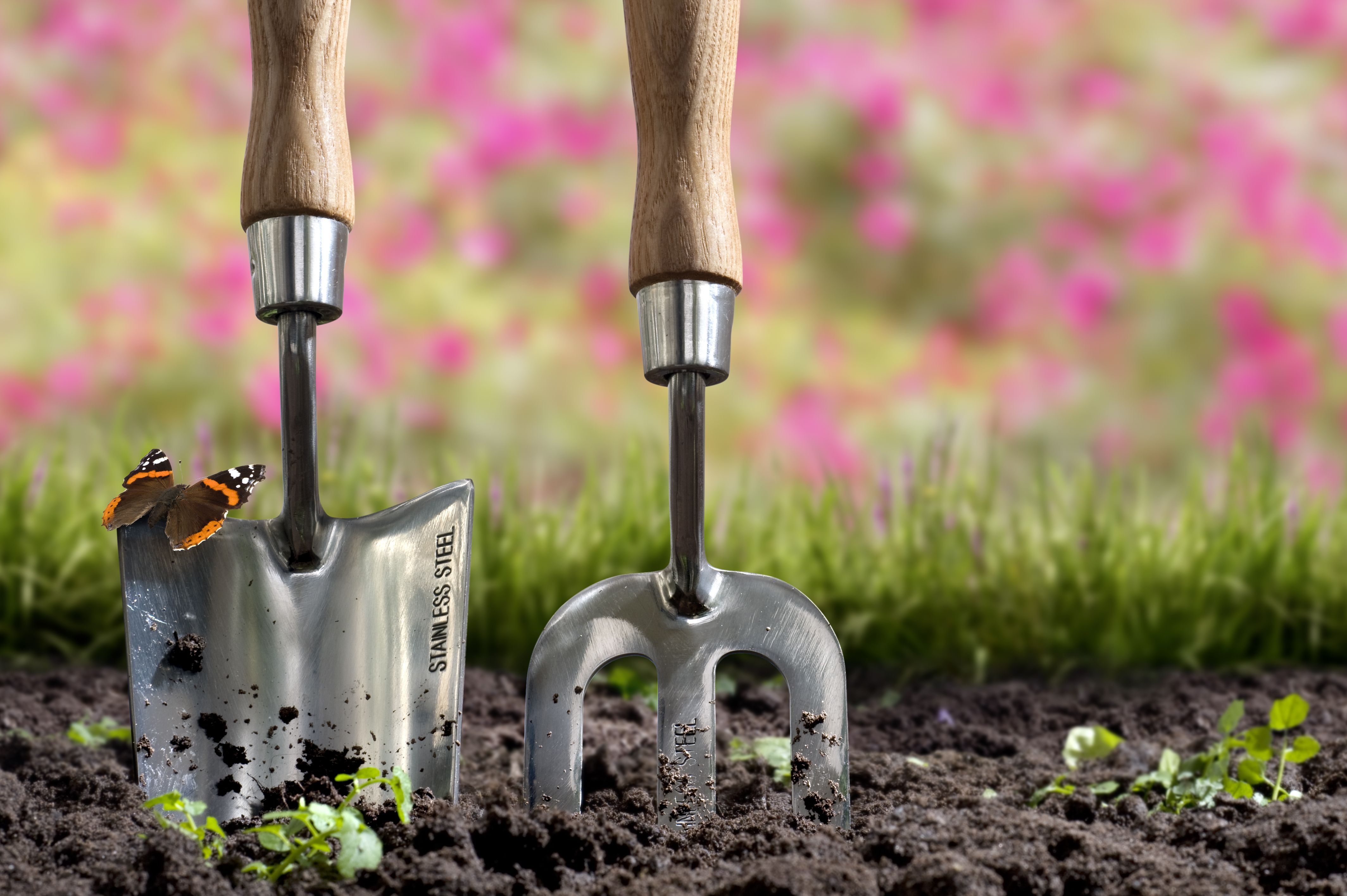Seasonal Gardening Tips: What to Plant and When for Finest Outcomes
Seasonal Gardening Tips: What to Plant and When for Finest Outcomes
Blog Article
Opening the Perks of Horticulture: A Comprehensive Take A Look At the Various Kinds and Their Influence On Health
Discovering the complex advantages of horticulture discloses a range of techniques that significantly enhance individual health. From veggie and natural herb yards to container and elevated bed arrangements, each kind provides distinct advantages that extend past simple growing. These tasks not only foster physical health with active involvement but also add to psychological wellness by relieving tension and encouraging mindfulness. As we examine these varied gardening approaches, it comes to be noticeable that their effect can resonate on individual, social, and ecological levels, prompting a more detailed consider exactly how these connections create a cohesive narrative of all natural health and wellness.
Types of Horticulture

Blossom gardening, an additional prominent classification, emphasizes the visual charm of cultivated blossoms. This kind can enhance landscapes and advertise biodiversity by bring in valuable pollinators. Natural herb gardening involves expanding aromatic and cooking plants, contributing both to food preparation and all-natural treatments.
Container gardening offers versatility, making it possible for individuals with limited room to involve in gardening by using pots and planters. This method is specifically prominent in city setups. Elevated bed gardening, on the other hand, entails developing raised plots that improve soil water drainage and accessibility, making it easier for gardeners to manage their plants.
Lastly, area gardening cultivates partnership amongst people in common spaces, promoting social communication and cumulative obligation. Each kind of gardening serves distinctive purposes and caters to various choices, making gardening a flexible task that can be customized to individual requirements and settings.
Mental Health Advantages
Taking part in different sorts of gardening not just produces tangible rewards such as fresh fruit and vegetables and stunning blossoms but likewise offers considerable psychological wellness benefits. Study indicates that horticulture can be a powerful tool for reducing tension, anxiousness, and anxiety. The act of having a tendency to plants and growing a yard fosters a sense of function and achievement, which can boost total psychological well-being.
Furthermore, gardening motivates mindfulness, as it calls for people to focus on today moment, whether it be planting seeds or supporting growth. This mindfulness method can cause reduced rumination and enhanced state of mind security. The direct exposure to natural atmospheres during gardening has likewise been connected to boosted cognitive operating and lowered sensations of exhaustion.
Social communication plays an important function in mental health and wellness, and community gardening initiatives supply possibilities for individuals to get in touch with check this others, promoting a sense of belonging. The shared experience of gardening can cultivate friendships and support networks, even more reinforcing emotional durability.
Physical Wellness Advantages
Many people might not recognize that gardening also gives considerable physical health and wellness benefits. Participating in gardening tasks needs a range of physical activities, including bending, lifting, digging, and planting, which jointly add to enhanced strength, flexibility, and endurance. These activities can improve cardiovascular health and wellness by promoting a raised heart rate, therefore lowering the risk of heart disease.
In addition, gardening can work as a moderate-intensity workout, navigate here aiding individuals achieve suggested physical task degrees. Researches show that regular participation in gardening can shed considerable calories-- roughly 200-400 calories per hour, relying on the strength of the tasks performed. Such calorie expenditure is helpful for weight monitoring and total metabolic wellness.
In addition, direct exposure to sunshine throughout horticulture can promote the synthesis of vitamin D, which plays an important function in preserving bone health and wellness and sustaining immune function. The act of gardening often involves working with soil, which has been linked to potential mental and physical health benefits due to the existence of advantageous bacteria.
Social Connections Through Gardening
The communal facets of gardening foster purposeful social links amongst individuals. Community gardens, particularly, function as dynamic hubs where people from diverse backgrounds come with each other, growing not just plants but also connections. These common rooms motivate cooperation, permitting individuals to exchange expertise, skills, and sources, consequently enhancing their gardening experience and fostering a feeling of belonging.
Engagement in horticulture activities usually causes the formation of relationships and support networks. Individuals frequently unify for common objectives, such pop over to these guys as growing seasons, harvest parties, or academic workshops, which reinforce interpersonal connections and create a feeling of community. Such interactions can alleviate feelings of isolation and enhance psychological wellness, as individuals discover friendship and friendship in shared ventures.

Ecological Impact of Horticulture
Horticulture considerably adds to ecological sustainability in multiple means. One of one of the most significant benefits is the improvement of biodiversity. Home yards offer vital habitats for various types, including pollinators such as and butterflies, which are crucial for environment health. By growing varied plant types, garden enthusiasts can develop a well balanced setting that supports both vegetation and animals.

In addition, gardens play an important function in water preservation. Tactical landscapes, including indigenous plants and xeriscaping, reduce water usage and prevent overflow, thus protecting local waterways from air pollution.
Conclusion

In verdict, horticulture functions as a diverse activity that boosts wellness throughout various domains. The varied kinds of gardening-- consisting of veggie, flower, herb, container, and elevated bed-- add to mental and physical wellness, foster social connections, and promote environmental sustainability. By taking part in gardening practices, people can experience better lifestyle while also sustaining area bonds and ecological health and wellness. Inevitably, the all natural benefits of gardening highlight its value as an important aspect in enhancing general wellness.
Report this page